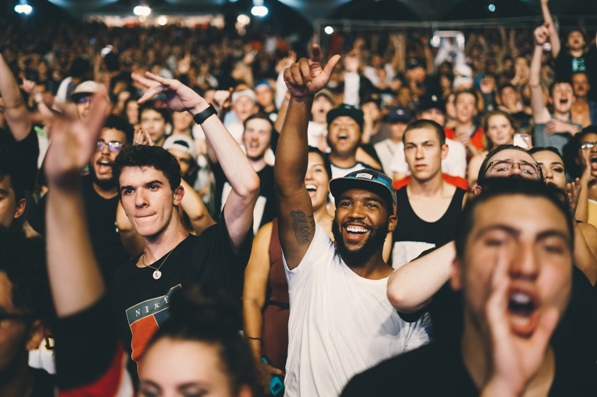Behind the Scenes: The Logistics of Planning Major Festivals

Major festival planning involves carefully considering several important elements, such as finding the ideal location, hiring elite performers, and handling vendor relationships. Staff coordination, ticketing, and safety make such events successful. Event planners aim to provide guests with an experience they won’t soon forget while upholding operational effectiveness and safety regulations.
Securing the venue
Finding the perfect location is critical for holding large events. To guarantee a smooth experience for guests, event planners carefully evaluate aspects like capacity, accessibility, and amenities. Event staffing is a crucial component of this process, and businesses like Event People are often hired to provide skilled workers, from temporary event managers to brand ambassadors. They guarantee their employees are well-trained to handle the demands of the event and have experience working with big companies. Contract negotiations with venue owners include in-depth conversations on logistics, timing, and rental costs to ensure that the selected site fully reflects the goals and specifications of the event. An event’s foundation is laid during this first phase, which demands meticulous preparation and attention to detail.
Booking talent and entertainment
Major festival planning requires careful consideration of obtaining top-tier talent and entertainment acts. Organisers of the event put a lot of effort into scheduling well-known musicians, bands, and performers who will enthral the crowd and improve the whole festival experience. Contract negotiations, scheduling coordination, and lineup appeal to the target audience are all part of this process. Everything, from the main performances to the supporting ones, is carefully chosen to provide an interesting and varied entertainment schedule that will make guests remember it for a long time.
Moreover, these entertainment choices are strategically aligned with the festival’s branding and thematic elements, enhancing the overall coherence and impact of the event. By offering a diverse range of acts that cater to various musical tastes and cultural interests, event organisers maximise attendance and foster a more inclusive and dynamic festival atmosphere. This approach ensures that each performance captivates and resonates deeply with different audience segments, solidifying the festival’s reputation as a premier destination for quality entertainment.
Managing vendor and sponsor relations
Major event preparation requires establishing and maintaining good contacts with sponsors and suppliers. Organisers carefully choose partners who share the festival’s goals and ideals to guarantee a win-win cooperation. Vendor logistics management includes scheduling deliveries, erecting vendor booths, and quickly resolving any onsite problems to ensure that vendors and guests have a smooth experience. Strong sponsor partnerships need open lines of communication, contractual performance, and recognition of sponsors’ contributions to the festival’s success.
Ensuring safety and security
Major event planning must prioritise safety and security measures. Along with local government and security companies, event planners create all-encompassing plans that include risk management techniques, emergency response plans, and crowd control. Maintaining the health and safety of artists, crew, and guests requires extensive safety inspections, onsite medical facilities, and routine security assessments. Festivals can provide a safe atmosphere that lets everyone enjoy the event worry-free by proactively addressing any safety issues.
Handling registration and tickets
Major event organisations require effective management of tickets and registration procedures. Event planners use ticketing systems and internet platforms to make buying and registering for guests easier. Through early-bird discounts and tiered ticket pricing, smart planning guarantees maximum ticket sales while upholding accessibility and justice. Secure check-in methods must be implemented onsite, and coordination with registration personnel is crucial to ensure a seamless admission process and raise guest satisfaction.
Staff and volunteer coordination
Major festivals cannot be successfully run without efficient staff and volunteer coordination. To guarantee that every team member is aligned with the festival’s goals, event organisers carefully allocate responsibilities, provide training, and set up open lines of communication. Establishing a happy and encouraging work atmosphere includes recruiting volunteers, arranging shifts, and thanking them for their efforts. Festivals may provide visitors with an experience they won’t soon forget by encouraging cooperation and giving staff and volunteers more authority.
Read Also: Streetinsider
In summary, planning essential components—such as finding the perfect location, hiring elite performers, overseeing vendor and sponsor relations, prioritising safety and security, managing ticketing and registration procedures, and organising staff and volunteers—is essential to successfully running major festivals. Using meticulous preparation, close attention to detail, and productive collaboration, event planners can guarantee the festival’s smooth running and general success while generating experiences that participants will never forget.




